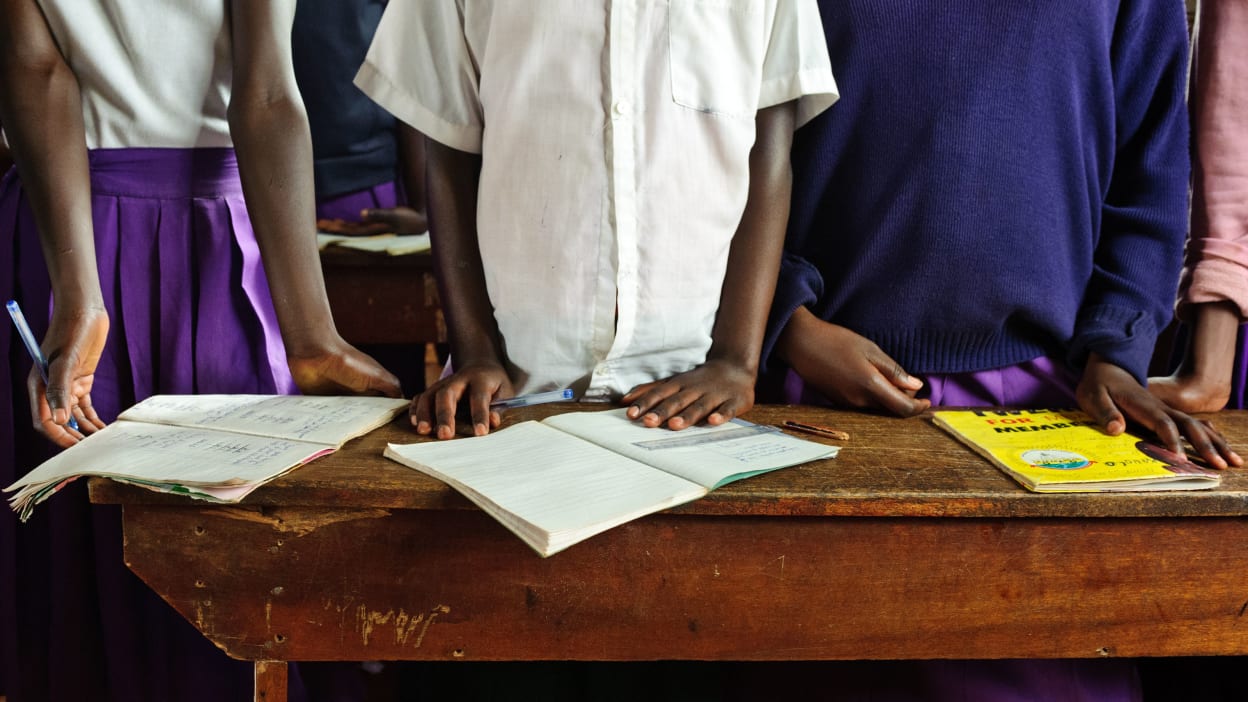When my wife and I decided to get married, both of us were still students. So we had to find work that could put food on the table and a roof over our heads. In the end we found work as house parents at a school for children with hearing impairments and intellectual disabilities. It was a role that changed our lives forever.
New challenge
Once back from our honeymoon we had to look after four boys in our house and sometimes up to 20 children in the centre where we lived. These children were not only deaf (and in this case could not speak), but they had the intellectual ages of between two and seven despite their physical ages being between five and seventeen.
To make it even more challenging, a number of the children were living with physical disabilities and various forms of autism. They came from very poor and neglected backgrounds. In many parts of the world they might have been killed at birth, abandoned or neglected to such an extent that few would have made it beyond their first five years.
Some of the children had difficult family situations. It is hard to imagine any more vulnerable people in the world than children living with these kinds of disabilities. The UN Convention on the Rights of the Child upholds the rights to life, survival, development, protection and participation of children living with disabilities but this principle is not often reflected in practice. So what should Christians do?
Gospel guide
Before we started the job my wife and I read Matthew 25:34-46. We realised that these children might be the ones that Jesus spoke about in verse 40: ‘Truly I tell you, whatever you did for one of the least of these brothers and sisters of mine, you did for me.’
A specific challenge to us was that we strongly believed in and lived out Matthew 28:19-20: ‘Therefore go and make disciples of all nations, baptising them in the name of the Father and of the Son and of the Holy Spirit, and teaching them to obey everything I have commanded you. And surely I am with you always, to the very end of the age.’
We were involved in nearly every evangelistic initiative out there – on the street and beach, door-to-door and at rehabilitation centres. But how could we make disciples of children who could not hear what we said, never mind what we tried to explain?
We tried to explain the Gospel with flip charts but this proved difficult for them to understand. So we decided to do what Jesus said in verses 35 and 36 – we showed God’s love to them by giving them food and water, clothing them and looking after them when they were sick or needed comforting.









